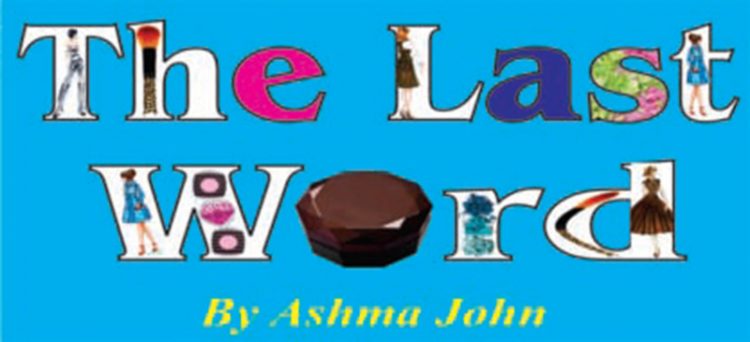
Most of us, whether we choose to admit it or not, have some degree of privilege. Race, class, gender, economic standing, educational background are all examples of markers that can determine your degree of privilege. Those same markers will carry varying levels of influence dependent on the social setting you are in and sometimes causing a blur when it comes to recognizing that you actually have it
Whenever certain stories and how they were handled are made public it is almost natural to predict the outcome and the outrage that will follow based on the evident privilege markers. Seeing the pictures earlier this week of a Guyanese woman of African descent arrested, covered in mud and forcefully made to sit in what appeared to be a mini mud pit after the Mocha confrontation was enraging. But the commentary that followed and the lack of thereof has almost been 10 times worse. It was astonishing how easily people were able to openly rationalise the violence and humiliation dished out as deserving; that made me feel a sense of nothingness and defeat. I looked at the pictures and could hardly think of squatting and development or any other theme that was being thrown around to justify it.
Rather:
I wondered about how we can really work towards the eradication of violence against women, when the police themselves are part and parcel of the problem.
I reflected about this country’s combustible race relations that always feels as if it is five minutes away from civil war, and how these pictures will accelerate fear among the citizenry.
I shuddered to think how anti-working class we have all become to prioritise the immediate needs of the political elite and then have the nerve and audacity to shout Walter Rodney this and Walter Rodney that.
I thought about the men and young boys viewing the images on social media and how they will internalise this treatment of Black women and how it will influence their relationships.
I wondered about the remixed social cohesion slogan ‘One Guyana’ and what it means for the police and whether or not they realise their actions severely damage the fine string left among citizens. What does One Guyana really mean and will it ever have any meaning other than gaslighting folks into thinking they are the problematic ones, as opposed to accepting the reality that we weren’t cobbled together and shaped into a society with a sense of oneness but rather with fear and struggle, and dealing with it truthfully and honestly.
I ponder with both disgust and fear how will Black women and in particular and especially young Black girls will internalize that violence that took place which will no doubt feel as if it happening to them.
There is absolutely no justification for the behaviour and violence that we all witnessed and there will never be. Once we have become indifferent to such behaviour we are signalling the okay for the opening of a can of worms. A can that our privilege will not be able to protect us from at some point or the other.





